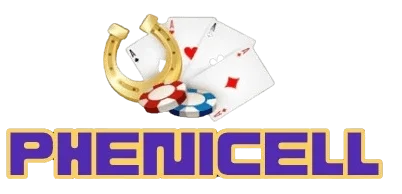Best Games That Started on PSP and Shaped the Future of PlayStation
The PlayStation Portable wasn’t just a platform for spin-offs and side stories—it was the birthplace of ideas that would go on to shape the future of the PlayStation brand. Some of the best PSP games introduced mechanics, narratives, and design philosophies that later appeared in blockbuster PS3, PS4, and PS5 titles. In many ways, the handheld served as a testbed for innovation and a bridge between generations, helping to define what PlayStation gaming would become.
One of the clearest examples is Monster Hunter Freedom Unite, which didn’t originate on PlayStation but found massive success on esse4d the PSP. Its cooperative gameplay, loot grind, and emergent storytelling influenced future multiplayer games like Destiny and The Division, both of which found a home on PlayStation consoles. The game’s impact on community-building, mission structure, and reward loops cannot be overstated.
Then there’s Peace Walker, a Metal Gear Solid title that introduced the concept of base management, mission-based structure, and co-op stealth. These ideas were later refined and expanded in Metal Gear Solid V: The Phantom Pain, a game that became one of the PS4’s standout titles. The roots of that success trace back to Kojima’s work on the PSP, where limitations forced creative design solutions that ultimately reshaped the franchise.
Patapon, with its rhythm-based command system and minimalist visuals, also left a surprising legacy. It influenced the development of later rhythm-action hybrids and remains a reference point for developers exploring unique control schemes. The game’s critical success showed that PlayStation audiences were open to experimental, genre-defying titles—a lesson Sony would carry forward with indie partnerships and creative risks on later consoles.
Daxter and Resistance: Retribution also contributed to PlayStation’s long-term strategy. These games proved that secondary characters and alternate storylines could carry their own titles, encouraging Sony to greenlight similar projects on PS4 and PS5, such as Miles Morales or Uncharted: The Lost Legacy. The idea that side stories could offer rich, standalone experiences was pioneered in part by these PSP experiments.
Even Crisis Core: Final Fantasy VII served as a model for future remakes and spin-offs. Its success demonstrated fan appetite for expanded lore and alternate character perspectives. Years later, Final Fantasy VII Remake would follow suit with deeper character arcs, side content, and real-time combat—a formula first refined in Crisis Core’s handheld debut.
The PSP’s role as an incubator for ideas changed how Sony approached game development. The best PSP games weren’t just isolated achievements—they were prototypes of a future where handheld and console design philosophies could merge. That vision is now more alive than ever, as Sony revisits portable play via Remote Play, the PlayStation Portal, and mobile streaming. The spirit of PSP innovation continues to shape the PlayStation landscape today.

Leave a Reply